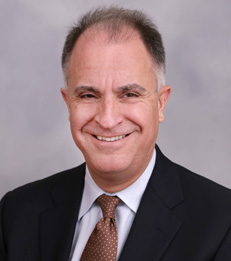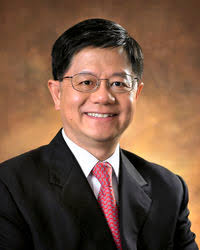Leading international and local academics convened in Singapore discussed about how digital currencies will impact monetary policy and financial stability.
Digital currencies have proliferated amid the advent of blockchain and distributed ledger technologies (DLT), raising the possibilities of an electronic form of the national currency.
In the opening speech, Professor Kenneth Rogoff of Harvard University assessed the potential for digital currencies in the context of the costs and benefits of society’s use of cash. After weighing the pros and cons, as well as the challenges involved in valuing them, he argues that digital currencies may have a future as regulated, central-bank issued currencies, rather than private ones.
Professor Barry Eichengreen of the University of California, Berkeley reviewed the historical record on the existence and use of multiple currencies and shows that, while the centralised control of monies has rarely been complete, the bias towards concentration of currency issuance in the hands of a central government is clear.
In comparison, Professor Markus K. Brunnermeier of Princeton University demonstrate that by modelling the behaviour of households, firms, banks and the central bank, that central bank and private digital currencies can co-exist in the economy, with no adverse consequences for growth, inflation and monetary policy.
Finally, Professor Charles Engel of the University of Wisconsin-Madison suggested that private cryptocurrencies make it much easier to evade capital flow management policies, although they are unlikely to drive out government currencies in well-managed economies.
In the financial segment of the workshop, Professor David Yermack, Professor of Finance, NYU Stern School of Business, New York University showed that introducing a private digital currency can improve economic welfare via two channels. First, it reduces incentives for governments to produce inflation by providing an outside option to the local currency for investment purposes, leading to more restrained monetary policy and lower inflation. Second, by providing an opportunity for diversification from local investment, a private digital currency enables investors to reduce portfolio risk, which may lead to higher local investment and returns.
Franklin Allen, Professor of Finance and Economics in Imperial College London presented a systematic discussion of the considerations pertinent to the regulation of Initial Coin Offerings (ICOs). After comparing regulatory frameworks across countries, he concludes with the suggestion that only qualified investors should be allowed to participate in ICOs. Robleh Ali offers a complementary perspective on how a cellular structure for digital currencies can enhance financial resilience, competition and innovation through the provision of an alternative and more robust infrastructure.
The two-day workshop on Digital Currency Economics and Policy is co-organised and funded by the Asian Bureau of Finance and Economic Research (ABFER), the National University of Singapore (NUS) Business School and the Monetary Authority of Singapore (MAS).
Edward Robinson, Assistant Managing Director (Economic Policy) and Chief Economist, MAS, said, “This workshop aims to deepen understanding of the important monetary policy and regulatory issues implied by these fast-evolving developments. In conjunction with the third Singapore FinTech Festival, it features specially commissioned studies that can contribute to formalising a framework for analysis. A robust understanding of the implications of digital currencies will inform policies pertinent to central banks and regulators. MAS is pleased to be able to sponsor this event with ABFER and NUS Business School.”
A lunchtime policymakers’ panel at the workshop features Bank for International Settlements General Manager Dr Agustín Carstens, Sveriges Riksbank Deputy Governor Cecilia Skingsley, and MAS Managing Director Mr Ravi Menon. The panellists will share their views on developments in digital currencies from a practitioner’s perspective, drawing on the experiences in their countries.
Professor Bernard Yeung, Dean, NUS Business School, President of ABFER and co-organiser of the Workshop, said, “We are most delighted to work with MAS to develop this workshop, during the week of the FinTech Festival, on a timely and fundamentally important topic — digital currency economics.”
“We are fortunate that globally renowned scholars, leading policy thinkers, and industry experts are coming together to advance our understanding of digital currencies and to provide very interesting material for research, while at the same time surfacing relevant principles for policy and regulation. We are grateful to them as well as to MAS for working together with us on this meaningful endeavour, and look forward to this great learning opportunity,” he added.






